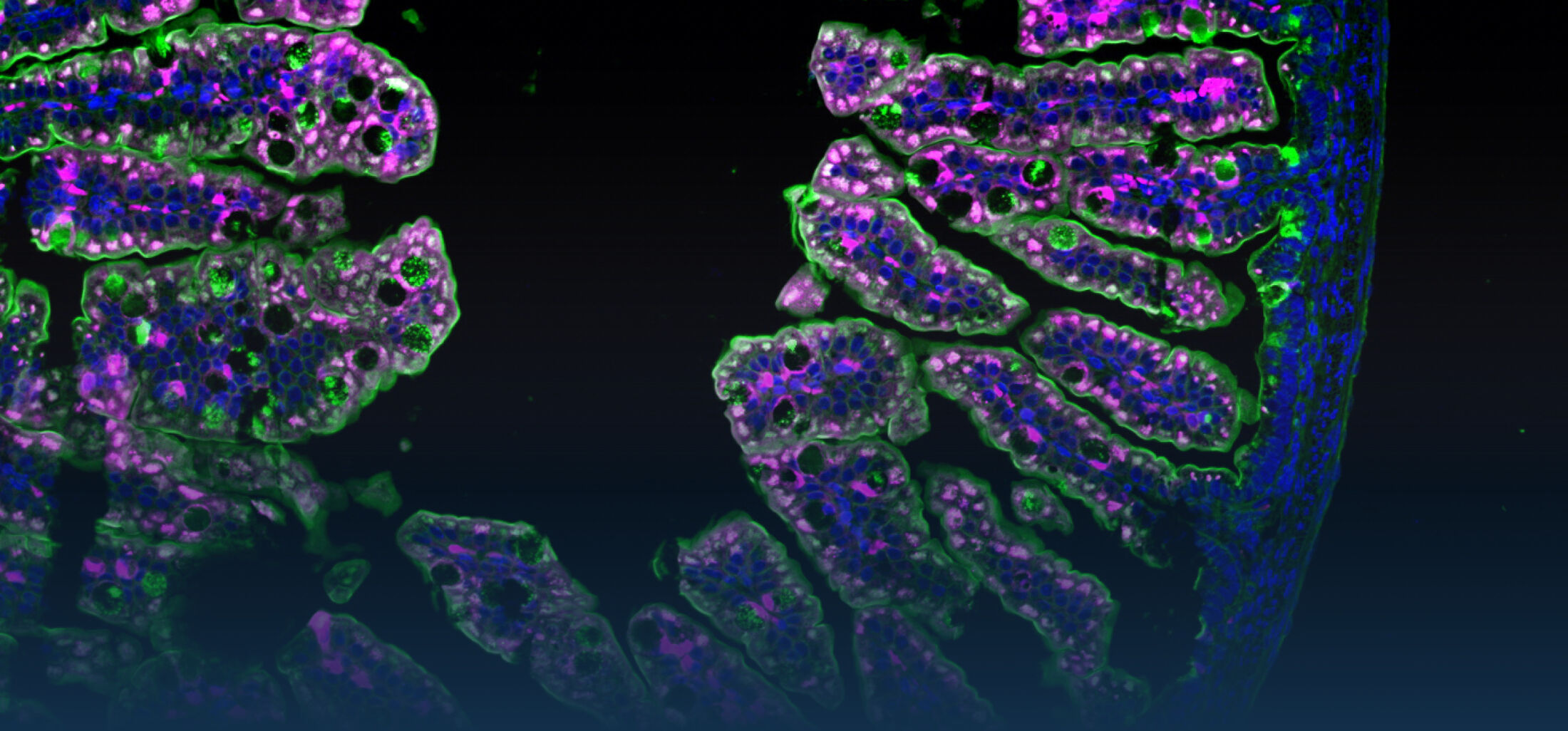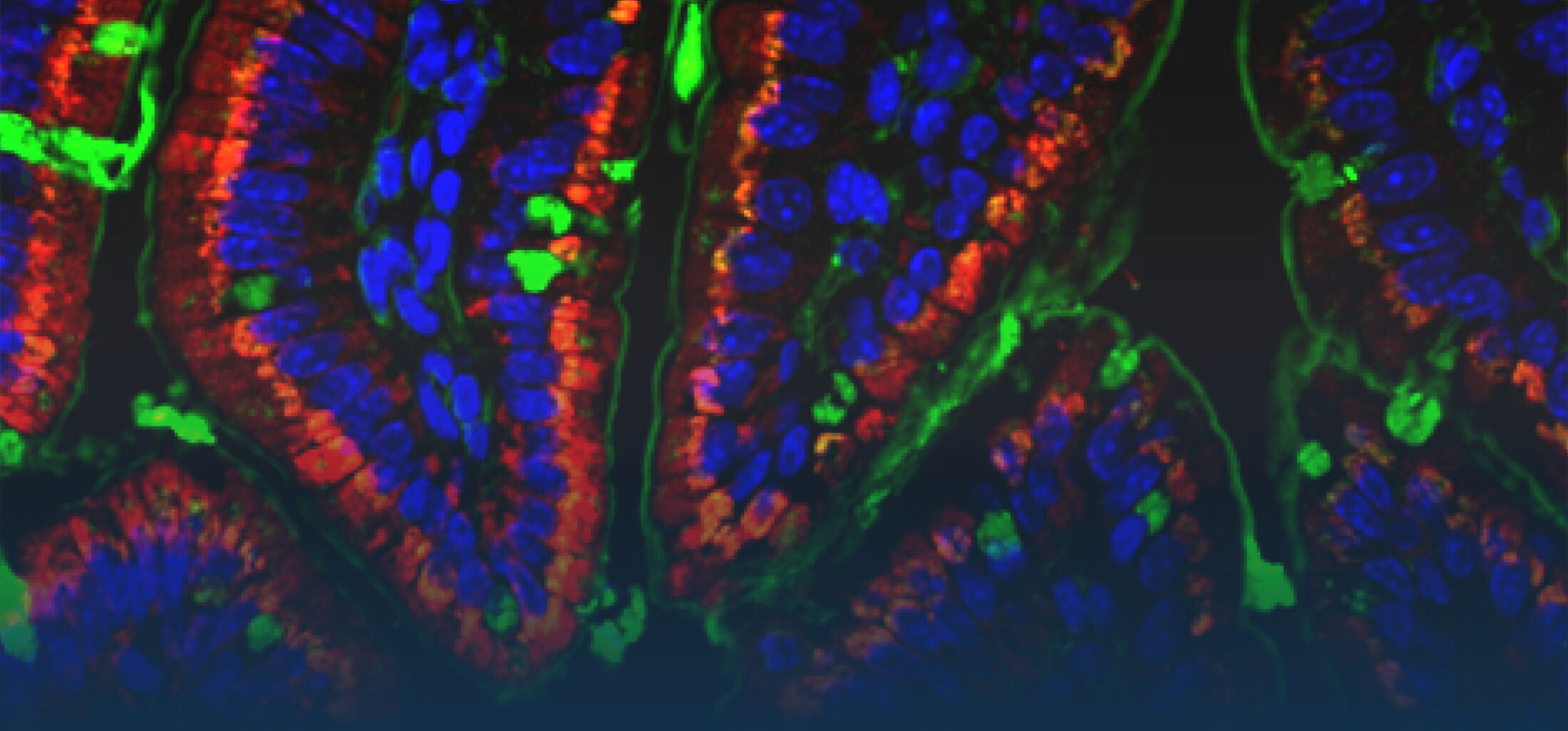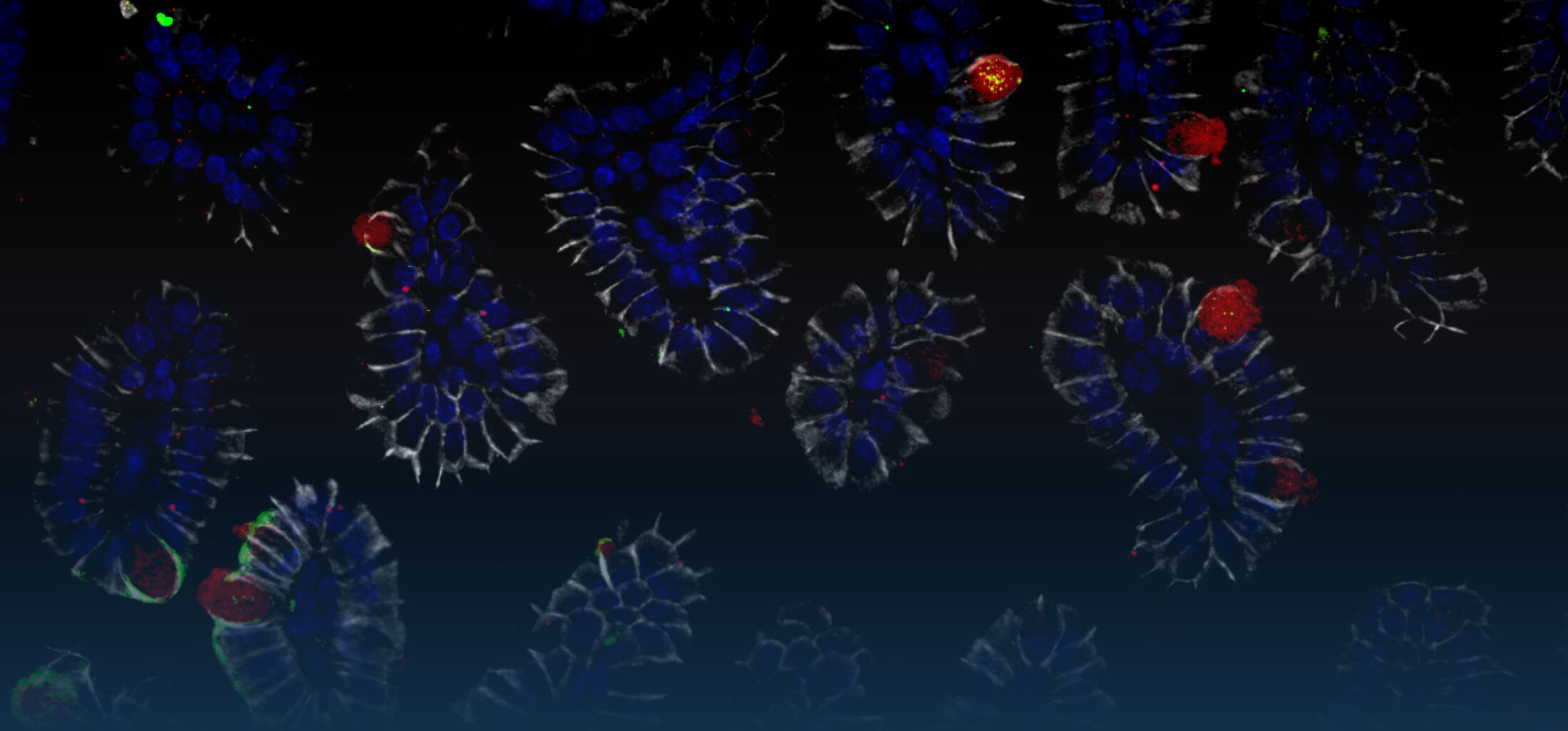Message archive

Successful PhD defense by our colleague Stefan Schlößer
Stefan Schlößer from the AG Hornef successfully presented and defended his PhD thesis “The influence of postnatal infectious challenge on enteric tissue development and epithelial cell…

Natalia Torow, PhD will speak at the British Society of Immunology meeting in Edinburgh
Natalia Torow, PhD, postdoc in the AG Hornef has been invited to give a talk at the British Society of Immunology Meeting in Edinburgh later this year. Her presentation is entitled “Delayed maturation…






















